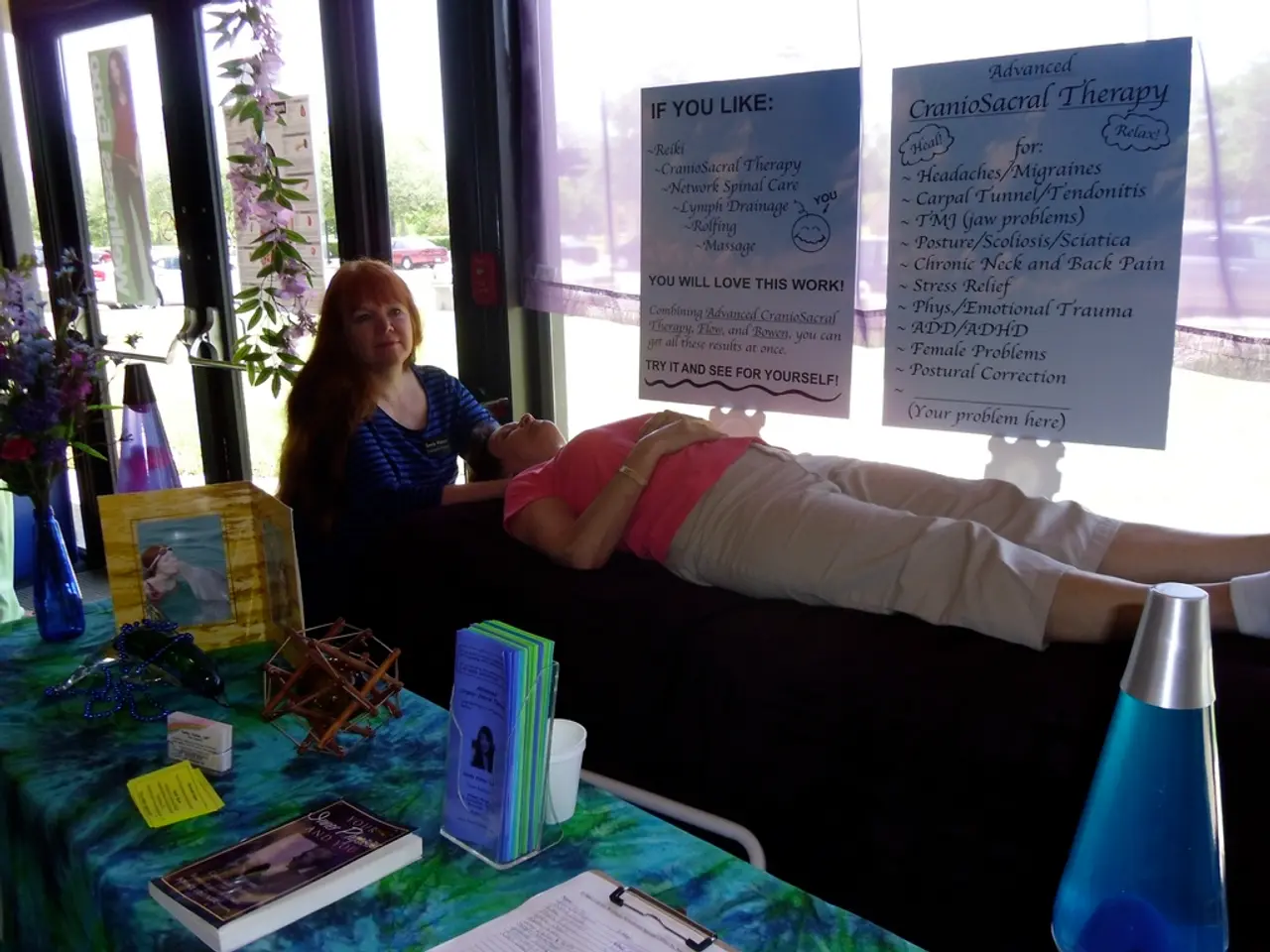Trauma and emotional harm: Connections and additional insights
Emotional abuse can have profound and lasting effects on an individual's mental health, particularly in the development of Post-Traumatic Stress Disorder (PTSD). This article explores the connection between emotional abuse and PTSD, shedding light on the complex ways in which emotional abuse can cause chronic psychological stress, alter brain chemistry, and create intense trauma bonds.
Emotional abuse triggers the release of stress hormones like cortisol, causing heightened physiological arousal and anxiety during abusive episodes. Following this, there is often a dopamine release when the abuser shows intermittent kindness, creating a cycle of stress and reward that reinforces trauma bonding. This dynamic leaves victims emotionally dependent and trapped in unpredictable, painful relational dynamics.
Repeated exposure to emotional abuse, especially during critical developmental periods such as childhood or adolescence, can impair cognitive functions including attention, memory, and emotional regulation. Neurological changes in brain areas like the amyggdala (involved in fear and emotional processing) and hippocampus (involved in memory) occur, which are key in the pathology of PTSD and complex PTSD.
Emotional abuse often includes gaslighting and manipulation that distort a victim's perception of reality, undermining their trust in themselves and exacerbating symptoms of PTSD such as intrusive memories, emotional numbness, and difficulty trusting others.
PTSD from emotional abuse can manifest in intrusive thoughts and memories, such as flashbacks to the abuse or memories of cruel things a partner said affecting a person's sense of self. A person with PTSD from emotional abuse may avoid things that remind them of the trauma, such as the home where they experienced abuse or people who look like their ex-partner.
The symptoms of PTSD can significantly impair a person's ability to function in daily life. However, treatment options are available and can include therapy, medication, and support groups. Cognitive behavioral therapy (CBT) and eye movement desensitization and reprocessing (EMDR) therapy have significant scientific support as effective treatments for PTSD.
Support groups can help a person draw on the experiences of others, better understand their own emotions, and feel less isolated. Antidepressants, such as selective serotonin reuptake inhibitors (SSRIs) and selective norepinephrine reuptake inhibitors (SNRIs), may also be prescribed to manage certain symptoms of PTSD. Clonidine and prazosin may help ease nightmares in people with PTSD.
It's important to note that recovery from PTSD can be a long and challenging process, but with the right support and treatment, many people are able to manage their symptoms and lead fulfilling lives. If you or someone you know is experiencing symptoms of PTSD, resources are available. The National Domestic Violence Hotline, the National Center for PTSD, and the Suicide & Crisis Lifeline offer support and resources for people with PTSD and survivors of emotional abuse.
[1] National Center for PTSD. (2021). Emotional abuse and PTSD. Retrieved from https://www.ptsd.va.gov/understand/common/trauma_types/emotional_abuse.asp [2] American Psychological Association. (2021). Emotional abuse and PTSD. Retrieved from https://www.apa.org/ptsd-guideline/patients-and-families/emotional-abuse [3] National Institute of Mental Health. (2021). PTSD. Retrieved from https://www.nimh.nih.gov/health/topics/post-traumatic-stress-disorder-ptsd/index.shtml [4] Mayo Clinic. (2021). PTSD. Retrieved from https://www.mayoclinic.org/diseases-conditions/ptsd/symptoms-causes/syc-20368636 [5] American Psychiatric Association. (2013). Diagnostic and statistical manual of mental disorders (5th ed.). Arlington, VA: American Psychiatric Publishing.
- Emotional abuse, a form of trauma, can lead to Post-Traumatic Stress Disorder (PTSD), causing issues like intrusive thoughts, emotional numbness, and avoidance of trauma reminders.
- The complex bond formed due to emotional abuse is reinforced by the release of stress hormones like cortisol and dopamine, which create a cycle of stress and reward.
- Neurological changes in key brain areas, such as the amyggdala and hippocampus, can occur due to emotional abuse, affecting cognitive functions like attention, memory, and emotional regulation.
- Treatment for PTSD from emotional abuse may include therapy (such as CBT or EMDR), medication, and support groups, with resources available through organizations like the National Domestic Violence Hotline and the National Center for PTSD.




